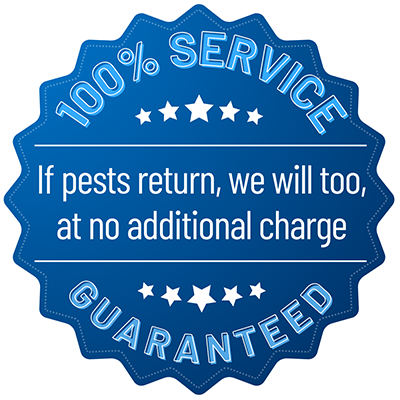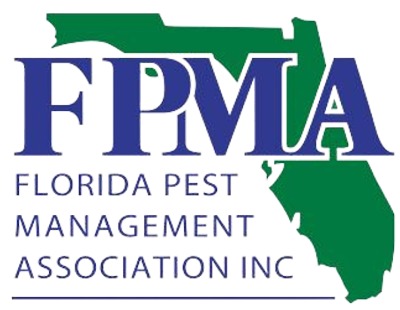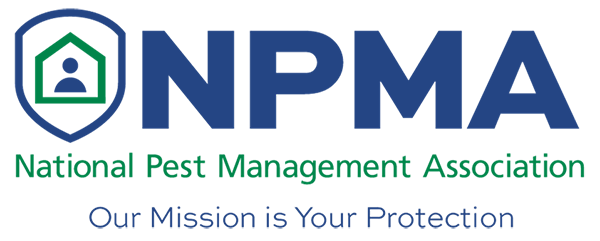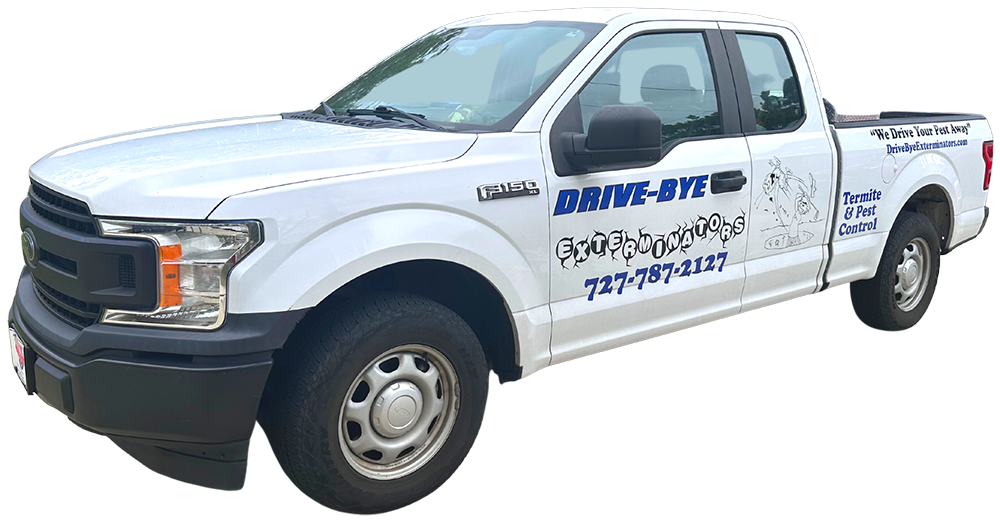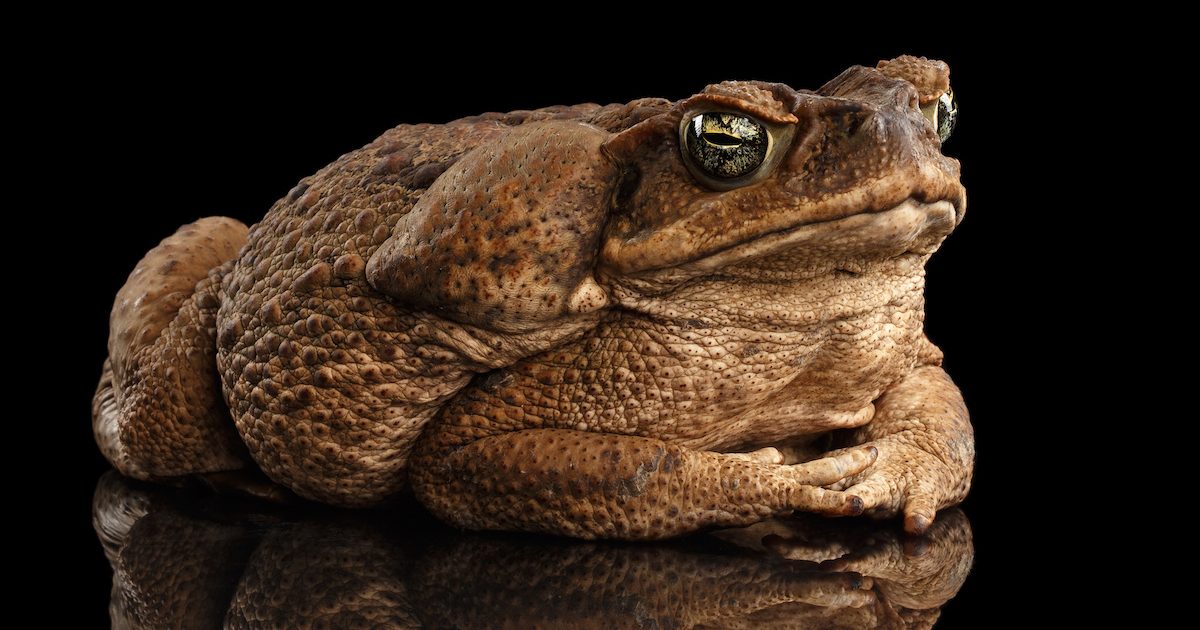
Take a good look at this toad. It is poisonous and showing up in Florida. This poisonous toad is the Giant Toad which is also known as a Marine Toad or Cane Toad.
The Bloomberg just reported that “a Florida suburb is being plagued by thousands of poisonous toads. Experts say the amphibians are bufo toads, also known as cane toads. Residents in the infested Palm Beach Gardens neighborhood worry toxins secreted by the toads will harm their pets and children. News stations broadcast images of the small toads clogging pool filters, hopping en masse across driveways and sidewalks, and lurking in landscaped lawns”.
Giant Toad
“The Giant Toad is the largest of the frogs and toads found in Florida. The giant toad is not native to the United States. It was originally released in the U.S. in sugar cane fields to help control “white grubs,” larvae of pest Scarabaeidae. B. marinusbecame established in southern Florida as result of accidental release of about 100 specimens from the stock of a pet dealer at Miami airport in 1955, and by subsequent releases by pet dealers in the 1960s (Krakauer, 1968). Giant Toads are a highly predacious exotic species that will eat all types of native frogs and toads. This species is skilled at locating all types of food, they have even been known to eat pet food.
Reproduction
The giant toad breeds year-round in standing water, streams, canals and ditches.
Toxic
When this non-native species is threatened or handled, it secretes a highly toxic milky substance from its large parotoid glands at the back of its head, behind the ears. This secretion can burn your eyes, may irritate your skin, and can kill cats and dogs if they ingest the secretion.
Symptoms of giant toad poisoning
Symptoms of Giant Toad poisoning in pets include drooling, head-shaking, crying, loss of coordination, and, in more serious cases, convulsions. The dog’s (or cat’s) gums often turn red, an indicator used by veterinarians to distinguish toad poisoning from epilepsy. For this reason, pet owners should be familiar with their pet’s normal gum color.
Treatment
If you suspect toad poisoning, get a hose and run water in the side of the dog’s/cat’s mouth, pointing the animal’s head downward so water isn’t swallowed. Rub the gums and mouth to remove the toxin. This treatment is usually successful, but call your veterinarian immediately,” according to the University of Florida, Florida Wildlife Extension.
Details
“Early spring months bring a re-emergence of cane toads to Southwest Florida. While these invasive amphibians can breed any time of the year, they tend to show themselves most during the evenings of spring and summer. Native to South America, the cane toad was originally introduced to Florida in the 1930’s and 40’s in a misguided attempt to control agricultural pests in sugar cane fields. In the years following, the pet trade also contributed with its share of releases and escapees during the 1950’s and 60’s. Regardless of the origin however, these animals, unfortunately, are here to stay.
Cane toads have a big appetite and are capable of eating just about anything they can fit into their mouths and it’s quite likely that this insatiable hunger is what made them an attractive choice for pest control to begin with. Unfortunately, that very trait is now posing a threat to our native wildlife, and also results in them being attracted to our homes when pet food/feces or garbage is left out. It is not uncommon to see one eating right out of the dog food bowl left on a porch. This increases the risk for a toad-pet interaction. Cane toads are not aggressive, but they have enlarged paratoid glands on their neck and shoulder region that produce a bufotoxin, that when ingested, is highly toxic. This substance is released as a defense mechanism that can severely injure or even kill an animal that licks or bites them – including pets,” states the Conservancy of Southwest Florida.
If you see a giant toad and need help with these poisonous pest, contact a local experienced pest control company for eliminate them for you.
Drive-Bye Exterminators offers home and commercial pest control services in Clearwater, Florida, and the surrounding areas. Family owned and operated for over 25 years, Drive-Bye Exterminators has state certified inspectors and exterminators provide roach, subterranean termite, dry wood termite, roaches, spider, ant and flea services to both commercial and residential clients. Whether a business owner needs help getting rid of a termite infestation, or a homeowner wants to rid their kitchen of ants, Drive-Bye Exterminators offers each client the same level of professionalism and excellence.
Request a FREE Pest Control or Termite Inspection today with the Professionals of Drive-Bye Exterminators. Contact Us Today at 727-787-2127.

